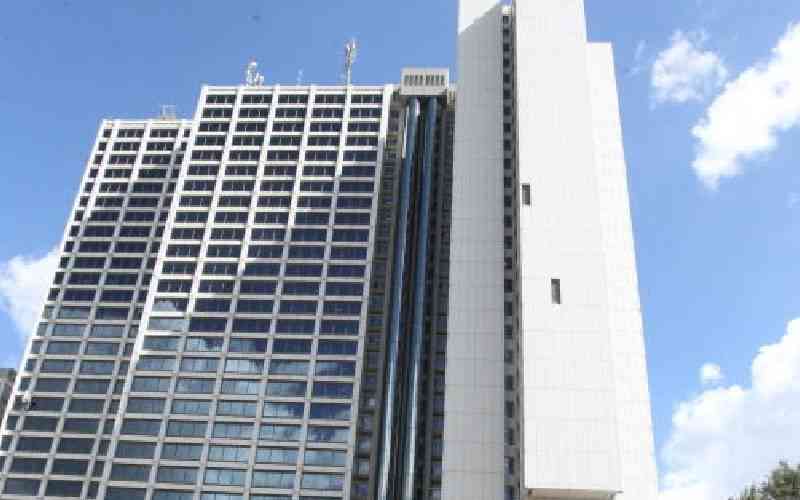×
The Standard e-Paper
Smart Minds Choose Us

Implementation of the National Social Security Fund (NSSF) Act, 2013, is poised to expose stakeholders in the labour market to a legal landmine.
According to the NSSF Act 2013, an employee is expected to contribute six per cent of their salaries to NSSF and another six per cent to be matched by their employer.